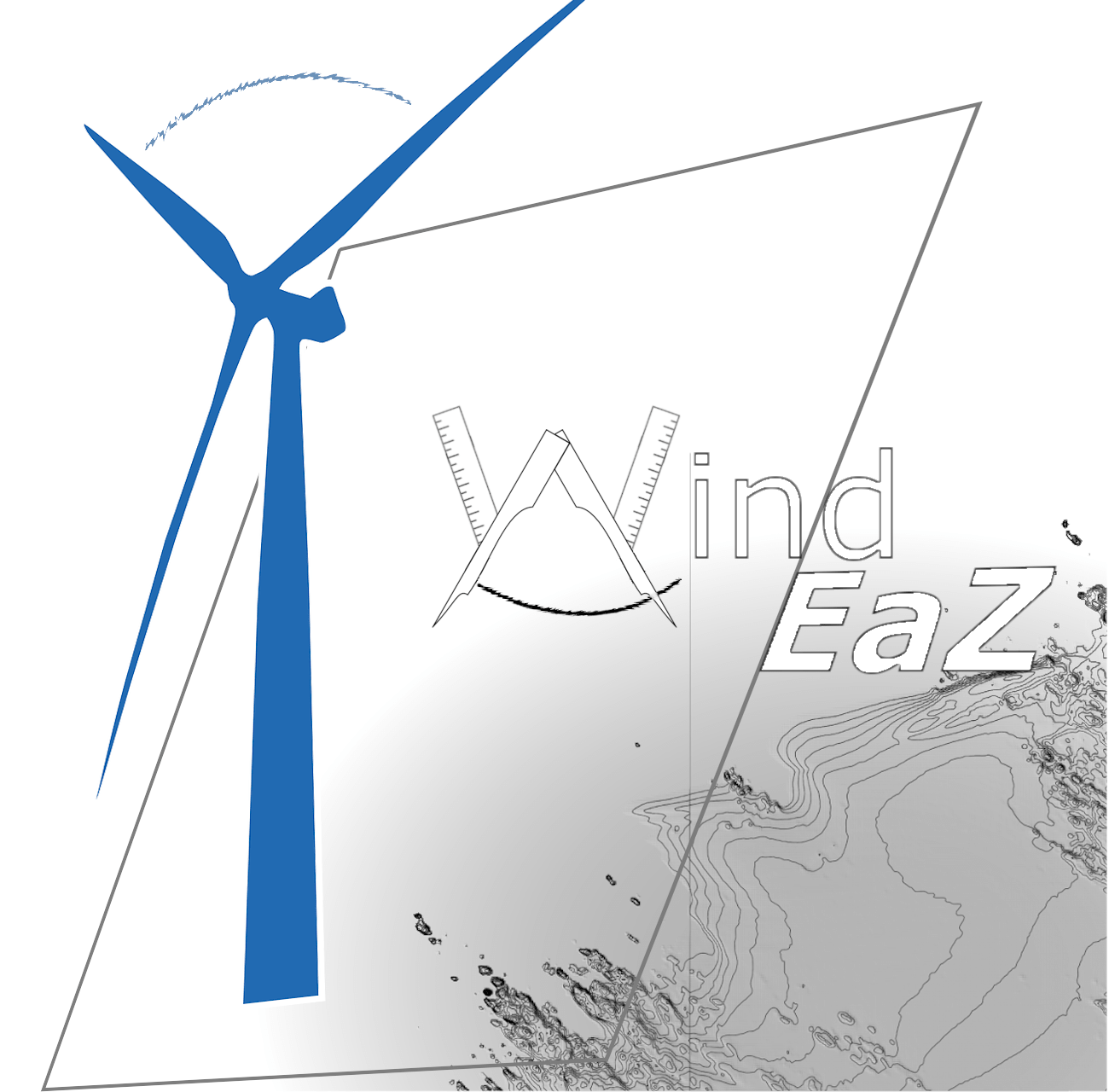
WindEaZ

- Title
-
WindEaZ – Developing Offshore Wind Energy Seabed Zonation Tools
- Start Date
-
March 2020
- End Date
-
December 2020
- Funding Body
-
The Irish Centre for Research in Applied Geoscience (iCRAG)
- Coordinator
-
UCC – BEES
- Principal Investigator
- Research Area
-
Introduction
Funded by the Irish Centre for Research in Applied Geoscience(iCRAG), WindEaZ aims to develop marine spatial planning (MSP) tools to aid the emerging offshore renewables sector in Ireland and support the national marine planning framework. WindEaZ builds on the capacity and knowledge generated through the EirWind project and constitutes one of the first collaborative projects between the SFI research centres MaREI and iCRAG.
Objectives
The objectives of the WindEaZ project are to (1) improve geological data relevant to developing offshore wind energy around Ireland, (2) synthesize expert knowledge from environmental, social, and technical research as well as industry stakeholders about offshore site selection to (3) create geospatial multi-criteria analysis to identify preferred offshore wind developing zones in the Irish Exclusive Economic Zone. This research is increasingly important as the number of users & activities at sea grows, therefore raising the potential for conflict among maritime stakeholders.
Technical description
WindEaZ develops geospatial datasets using derivatives of existing data products such as Infomar and EMODnet bathymetry and the New European Wind Atlas as well as in-situ data (e.g. sediment samples and Met Éireann weather buoys). The importance of geological, biological, physical, engineering, and cultural data affecting the site selection for offshore wind farms is assessed using the analytical hierarchy process. Criteria weights are thus derived from the expert knowledge of researchers and industry stakeholders. Geospatial multi-criteria analysis then uses these weights to identify optimal geographic solutions for where to place offshore wind farms. Running Monte-Carlo simulations provides information on the degree of confidence in the geographic areas suitable for offshore wind and allows to assess variability in the final model output.
Project Outputs
J.L. Peters, T. Remmers, A. J. Wheeler, J. Murphy, V. Cummins (2020). A systematic review and meta-analysis of GIS use to reveal trends in offshore wind energy research and offer insights on best practices. Renewable and Sustainable Energy Reviews, Vol. 128,
Peters, J. L., Butschek, F., O’Connell, R., Cummins, V., Murphy, J., and Wheeler, A. J. (2020) Geological seabed stability model for informing Irish offshore renewable energy opportunities, Adv. Geosci., 54, 55–65,





